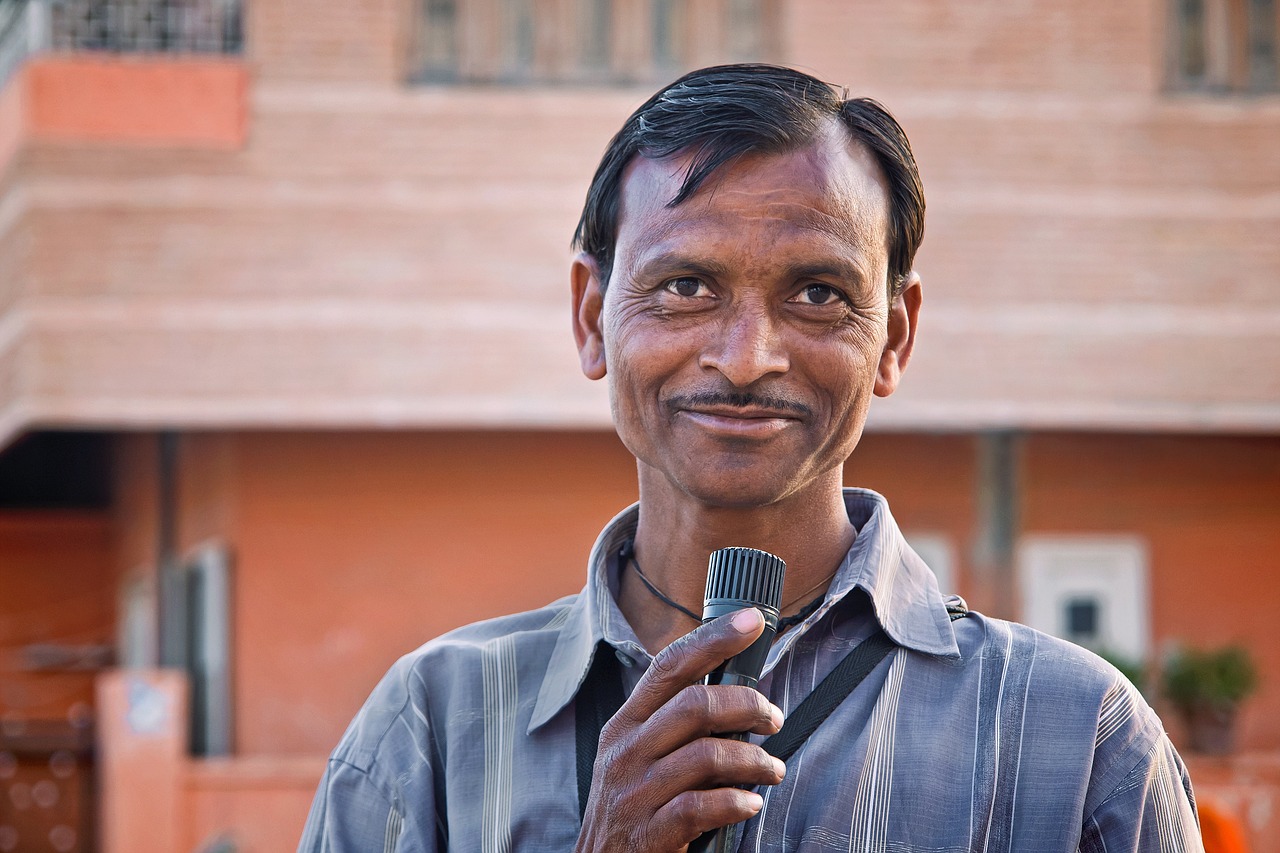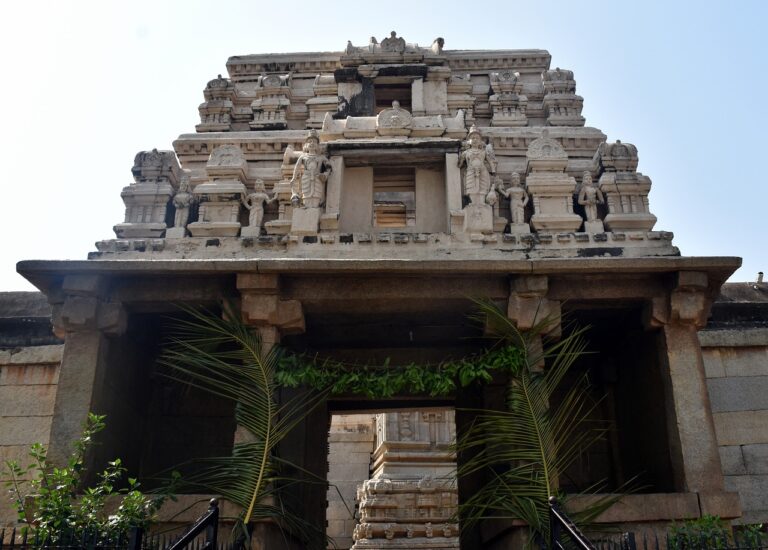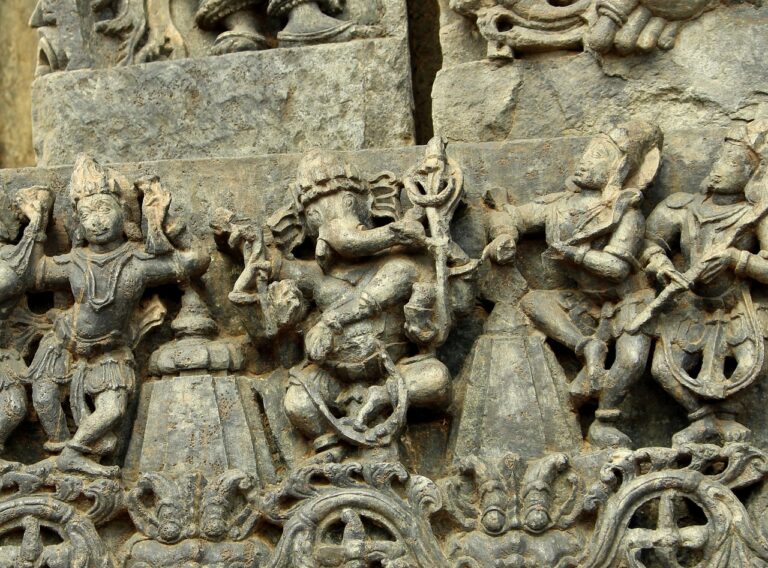The Influence of Election Campaigning on Public Discourse
Election campaigning has a rich history that dates back centuries. In ancient times, campaigns were often centered around personal connections and local gatherings. Candidates would rely heavily on word of mouth and physical presence in their communities to garner support. As societies evolved, so too did the strategies used in election campaigns.
In more recent history, the advent of mass media and technological advancements revolutionized the way election campaigns were conducted. The introduction of radio and television allowed candidates to reach a broader audience and convey their messages in a more controlled manner. This shift in communication methods marked a significant turning point in the evolution of election campaigning.
Major elements of election campaigning
In modern election campaigning, the use of media and advertising plays a crucial role in reaching and persuading voters. Campaigns invest significant resources in creating compelling TV commercials, radio spots, and online ads to promote their message and sway public opinion. These mediums allow candidates to showcase their policies, values, and personalities to a broad audience, shaping their image in the eyes of the electorate.
Another key element of election campaigning is grassroots mobilization and voter outreach. Candidates and their teams organize rallies, town hall meetings, and door-to-door canvassing to connect with voters on a personal level. By engaging directly with constituents, candidates can address concerns, answer questions, and build rapport, ultimately garnering support for their candidacy. This human interaction is often seen as a vital component of successful election campaigns, as it allows candidates to build trust and establish a connection with voters.
The impact of social media on public discourse
As social media continues to play an increasingly significant role in shaping public discourse, its impact on society cannot be underestimated. With the ability to reach millions of people in an instant, social media platforms have become powerful tools for political actors and activists to disseminate information, shape opinions, and mobilize supporters. However, this instantaneous nature of social media also brings challenges, such as the spread of misinformation and the creation of echo chambers where individuals are exposed only to information that aligns with their existing beliefs.
Furthermore, the rise of social media has altered the traditional dynamics of public discourse, allowing for a democratization of the public sphere where individuals can participate in political conversations on a global scale. This has resulted in a diversification of voices and perspectives being heard, challenging traditional power structures and giving marginalized groups a platform to advocate for change. However, the unregulated nature of social media also raises concerns about the spread of hate speech, extremist ideologies, and the manipulation of public opinion through algorithms and targeted advertising.
How has social media changed the landscape of election campaigning?
Social media has revolutionized election campaigning by providing a platform for candidates to reach a wider audience, engage directly with voters, and disseminate information quickly and efficiently.
What are some major elements of election campaigning on social media?
Some major elements of election campaigning on social media include targeted advertising, viral content, real-time engagement with voters, and the ability to mobilize supporters for fundraising and volunteer efforts.
How has social media impacted public discourse during elections?
Social media has both positive and negative impacts on public discourse during elections. It has democratized the conversation by giving voice to a wider range of perspectives, but it has also led to the spread of misinformation, polarization, and echo chambers.
Can social media influence election outcomes?
Social media can certainly influence election outcomes by shaping public opinion, mobilizing voters, and even spreading disinformation. However, it is just one of many factors that can impact election results.







